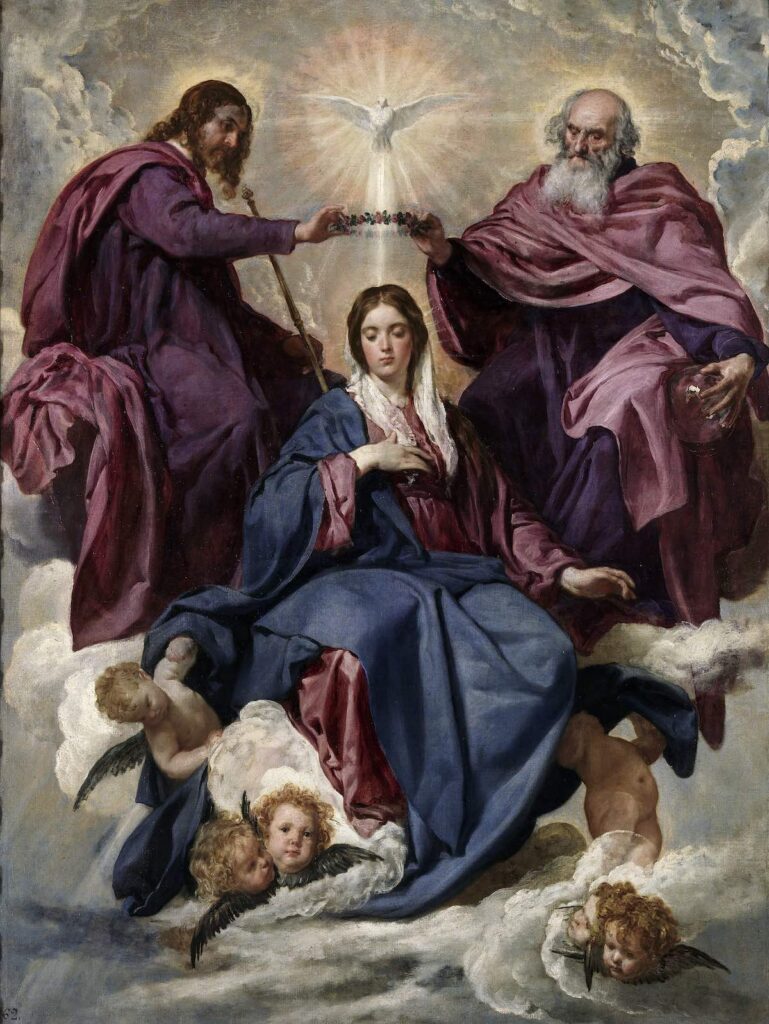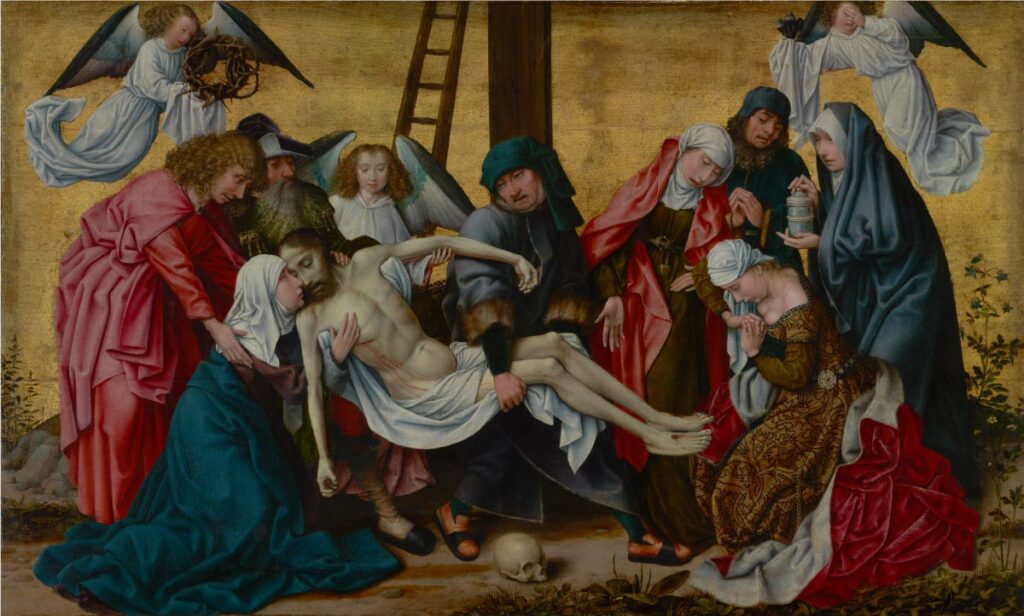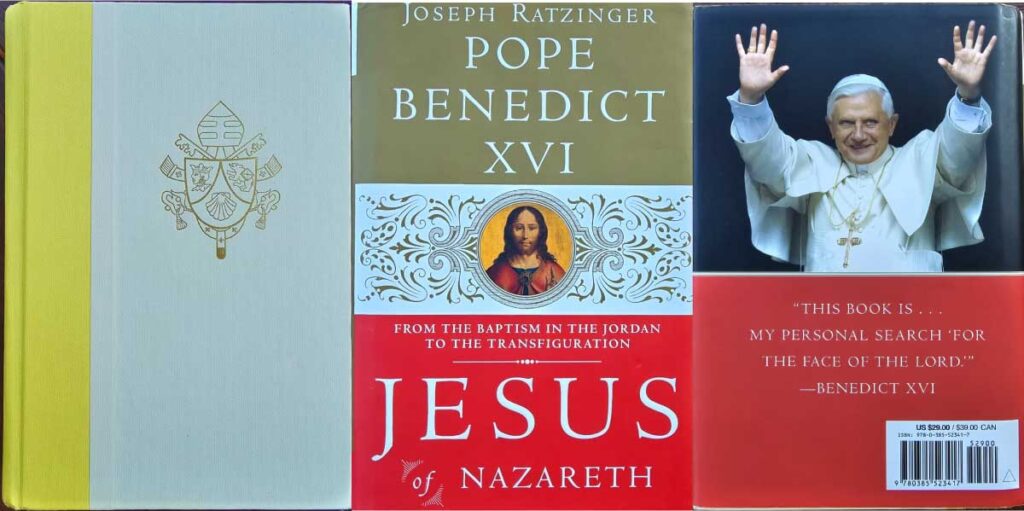In Jesus and the Jewish Roots of Mary, Brant Pitre reimagines how we understand Mary by connecting her role as the queen mother to the ancient traditions of Israel. With a focus on biblical context and historical insight, this chapter reshapes common perspectives on Mary, showing how her position as the mother of Jesus mirrors the royal office held by the queen mothers of the Davidic kingdom. By exploring these connections, Pitre opens new pathways to appreciate Mary’s crucial role in God’s plan for salvation.
The Concept of a Kingdom in Biblical Salvation History
Pitre begins by acknowledging that the idea of a kingdom is foreign to many modern readers, particularly Americans, due to their historical separation from monarchies. However, understanding the concept of a kingdom is essential to grasp the biblical message of salvation. The Bible frequently portrays God’s relationship with humanity in terms of a kingdom, and central to this is the promise made to King David: that his throne and kingdom would be established forever (2 Samuel 7:13).1
Jesus’ mission is explicitly framed in terms of this kingdom. The Gospel of Mark introduces Jesus’ proclamation of the gospel as “The kingdom of God is at hand” (Mark 1:15). Jesus’ kingship is central to understanding his identity and mission, as seen in genealogies and angelic announcements that affirm his Davidic lineage and role as the promised Messiah. If Jesus is the King of this eternal kingdom, then Mary, his mother, is the queen.
The Queen Mother in Ancient Israel
In ancient Israel, the queen was not the king’s wife, as is common in modern monarchies, but his mother. The Hebrew term for queen mother, gebirah (meaning “great lady” or “mistress”), signified her high status. This role is evident in the stories of Bathsheba, the mother of Solomon, and other queen mothers in the books of Kings and Chronicles.
Key aspects of the queen mother’s role include:
- A Unique Position of Honor: The queen mother was seated at the king’s right hand and often wore a crown, symbolising her authority (1 Kings 2:19;2 Psalm 45:93).
- Royal Authority and Influence: As the king’s mother, the queen mother held an official position in the kingdom, second only to the king. She could act as an intercessor, as seen when Bathsheba advocates on behalf of Adonijah (1 Kings 2:13-204).
- Presence in Prophecies: Prophecies about the Messiah often include references to the mother of the future king, as seen in Isaiah 7:145 and Micah 5:2-36. These texts highlight the queen mother’s significance in Jewish expectations of the Messiah.
Mary as the New Queen Mother
Against this backdrop, Mary emerges as the fulfilment of the queen mother tradition in the kingdom of God. Pitre examines this through three key New Testament texts:
The Gospel of Matthew
Matthew emphasises Jesus’ Davidic lineage and identifies Mary as the mother of Immanuel (Matthew 1:18-23). By linking Jesus to Isaiah’s prophecy of a virgin bearing a son named Immanuel (“God with us”), Matthew underscores Mary’s role as the mother of the Messiah. Her inclusion in Jesus’ genealogy parallels the Old Testament practice of naming the queen mother when introducing a new king.
The Gospel of Luke
Luke’s Gospel provides further evidence of Mary’s queenship:
- Gabriel’s Announcement: The angel Gabriel tells Mary that her son will sit on “the throne of his father David” and reign forever (Luke 1:32-33). This directly connects Mary to the queen mother tradition.
- Elizabeth’s Greeting: When Elizabeth greets Mary as “the mother of my Lord” (Luke 1:43), it echoes the title used for the Davidic king and points to Mary’s royal status.
- The Magnificat: In her song of praise, Mary declares that God has exalted the lowly, a reference to her own elevation as the mother of the Messiah (Luke 1:46-55). This royal language underscores her unique role in salvation history.
The Book of Revelation
Revelation 12 depicts a woman clothed with the sun, wearing a crown of twelve stars, and giving birth to a child who will rule all nations. Pitre argues that this woman symbolises both Mary and the people of God. Her crown and cosmic imagery highlight her role as the queen mother in heaven, reigning alongside her Son.
Implications for Christian Beliefs and Practices
Pitre explains that Mary’s identity as the queen mother has profound theological implications:
Mary as “Mother of God”
The title Theotokos (“God-bearer”) emphasises Mary’s role as the mother of Jesus, who is both fully divine and fully human. This title safeguards the doctrine of the Incarnation by affirming that Jesus is truly God. While some Protestants object to this title, Pitre points out that Elizabeth’s greeting in Luke 1:43 provides a biblical foundation for calling Mary the “mother of my Lord.”
Veneration of Mary
Mary’s queenship justifies the ancient Christian practice of honouring her and seeking her intercession. Just as the queen mother in Israel interceded for the people with the king, Mary intercedes for Christians with Jesus. Ancient prayers and practices reflect this understanding, as early Christians referred to Mary as “Our Lady” and asked for her assistance.
Distinction Between Veneration and Worship
Pitre emphasises the critical distinction between honouring Mary and worshiping God. In both Judaism and Christianity, worship is fundamentally centred on sacrifice, which is reserved for God alone. This understanding of worship as sacrifice, exemplified in the Eucharist—the thanksgiving sacrifice of the Last Supper—has often been lost in Protestant traditions. While Catholics and Orthodox Christians honor Mary as the queen mother, they do not worship her. Recognising this distinction is essential to understanding the nature of Marian devotion within Catholic and Orthodox practice.
Clarifying Mary’s Role in Christian Belief
Brant Pitre’s exploration of Mary as the queen mother sheds light on the deep biblical roots of Marian doctrine. Far from being a later addition to Christianity, Mary’s queenship is rooted in the Jewish tradition of the gebirah and fulfilled in her role as the mother of Jesus, the King of kings. This understanding provides a biblical foundation for honouring Mary, recognising her intercessory role, and distinguishing veneration from worship.
Mary’s identity as the queen mother invites Christians to see her not only as the mother of Jesus but also as an essential figure in God’s plan of salvation—a woman uniquely exalted yet always pointing to her Son, the King of the eternal kingdom.
Footnotes
- He shall build a house for my name, and I will establish the throne of his kingdom for ever. ↩︎
- So Bathshe′ba went to King Solomon, to speak to him on behalf of Adoni′jah. And the king rose to meet her, and bowed down to her; then he sat on his throne, and had a seat brought for the king’s mother; and she sat on his right. ↩︎
- daughters of kings are among your ladies of honor;
at your right hand stands the queen in gold of Ophir. ↩︎ - Then Adoni′jah the son of Haggith came to Bathshe′ba the mother of Solomon. And she said, “Do you come peaceably?” He said, “Peaceably.” 14 Then he said, “I have something to say to you.” She said, “Say on.” 15 He said, “You know that the kingdom was mine, and that all Israel fully expected me to reign; however the kingdom has turned about and become my brother’s, for it was his from the Lord. 16 And now I have one request to make of you; do not refuse me.” She said to him, “Say on.” 17 And he said, “Pray ask King Solomon—he will not refuse you—to give me Ab′ishag the Shu′nammite as my wife.” 18 Bathshe′ba said, “Very well; I will speak for you to the king.”
19 So Bathshe′ba went to King Solomon, to speak to him on behalf of Adoni′jah. And the king rose to meet her, and bowed down to her; then he sat on his throne, and had a seat brought for the king’s mother; and she sat on his right. 20 Then she said, “I have one small request to make of you; do not refuse me.” And the king said to her, “Make your request, my mother; for I will not refuse you.” ↩︎ - Therefore the Lord himself will give you a sign. Behold, a young woman[a][b]shall conceive and bear[c] a son, and shall call his name Imman′u-el. ↩︎
- But you, O Bethlehem Eph′rathah,
who are little to be among the clans of Judah,
from you shall come forth for me
one who is to be ruler in Israel,
whose origin is from of old,
from ancient days.
3 Therefore he shall give them up until the time
when she who is in travail has brought forth;
then the rest of his brethren shall return
to the people of Israel. ↩︎



